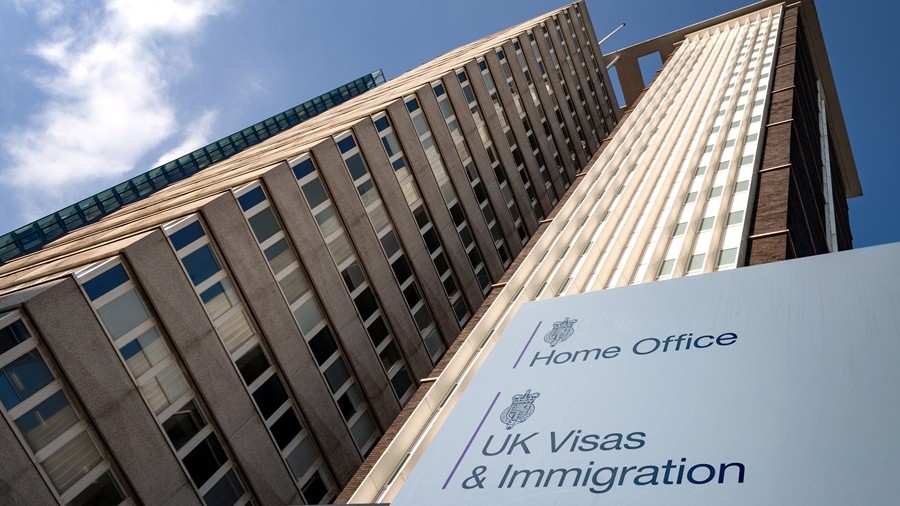BTO to Host Free Webinar on the Employment Rights Act 2025 and Major Employment Law Reforms Ahead
With the Employment Rights Bill now enacted as the Employment Rights Act 2025, employers across the UK are preparing for one of the most significant periods of employment law reform…
READ MORE




